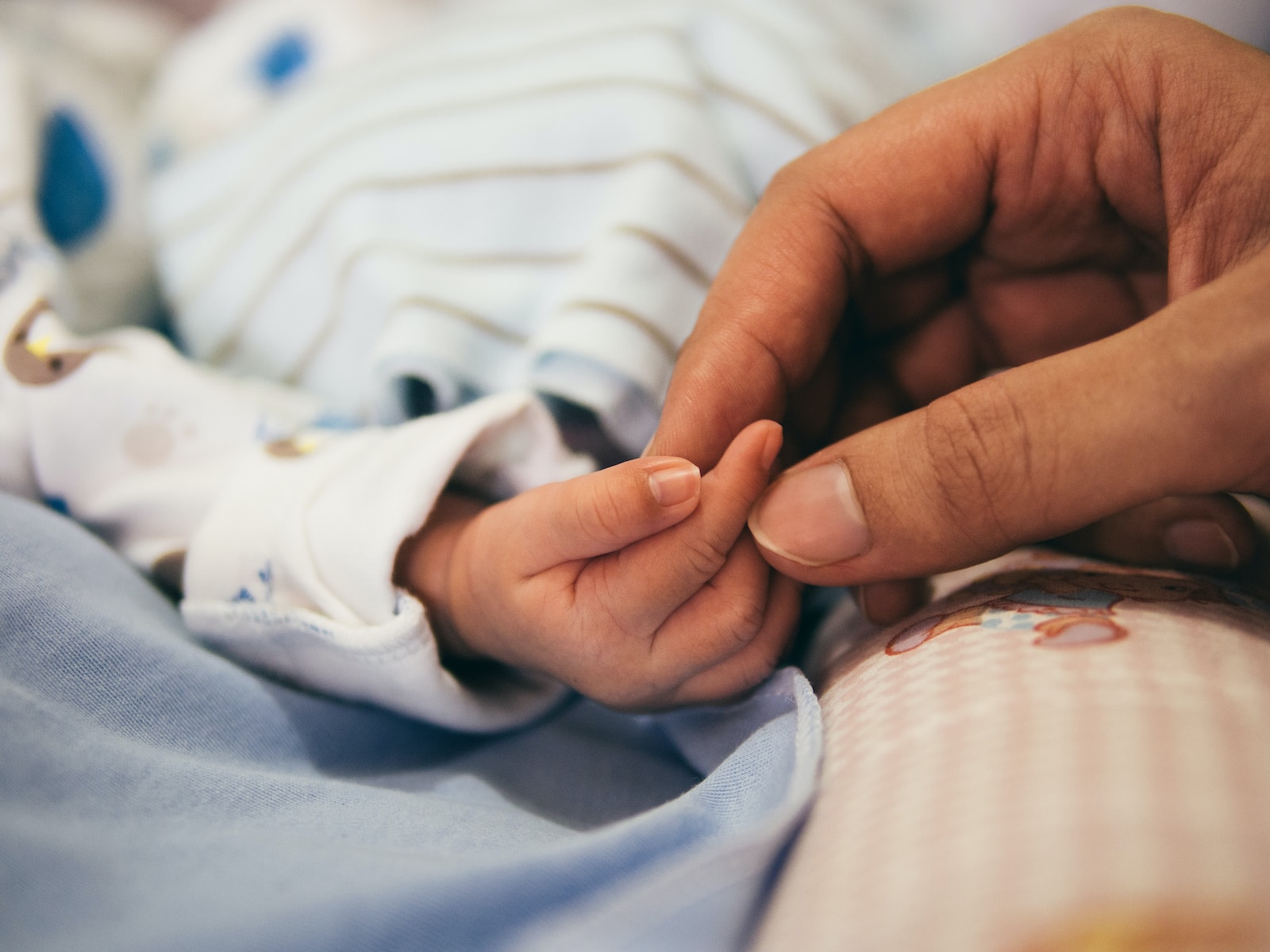Hundreds of babies are tragically losing their lives as maternity services with little resources are delivering substandard care and struggling to overcome entrenched poverty and racial inequalities, a new report has stated.
The report, which was published today by baby loss charities Sands and Tommy’s, found 5,000 babies are stillborn or die within the first four weeks of their life every year in the UK. Progress has been made since 2010, when the figure was closer to 6,500, but the report says that in 2021/22 almost a fifth of stillbirths could have been avoided had better care been provided.
Following this, researchers found babies dying before and during delivery rose to just over four in every 1,000 births in 2021.
Additionally, experts discovered there has been little progress in reducing the number of premature births, which have been around 7% and 8% of all births since 2010.
Progress in Scotland has also been slowed and the downward trend in Wales is in reverse, with the highest rate of stillbirths in 13 years.
Robert Wilson, Head of the charities’ joint policy unit, said: ‘The UK is not making enough progress to reduce rates of pregnancy loss and baby death, and there are worrying signs that these rates are now heading in the wrong direction.
‘Losing a baby in pregnancy or shortly after birth is not just ‘one of those things’. Too often losses are occurring because of care that is not in line with nationally agreed standards. There are also significant workforce pressures, which affect the ability to deliver safe care.’
In England, the government’s target is to halve the number of baby deaths by 2025, compared to 2010 levels, but charities say more work needs to done to achieve that.
The report says staff are working in severely under-resourced conditions – nearly 40% of English maternity services are classed as inadequate or requiring improvement, while staff surveys show 84% of midwives believe higher staffing levels are needed to do their jobs safely. Patients have also reported worsening experiences of maternity services since 2019.
NHS figures reveal 40% of expectant mothers do not receive their first antenatal assessment within 10 weeks, where advice on folic acid supplements and stopping smoking are provided to bolster the health of the mother and baby.
In the country’s most deprived areas, still birth rates are also almost two times higher than those in the least deprived – the difference has expanded since 2010.
A Department of Health spokesperson said: ‘We are investing £165m annually to grow and support our NHS maternity staff and improve neonatal care, developing a new core curriculum for professionals working in maternity and neonatal services, and introducing 33 maternal mental health services across England by next March.
‘We have also set up a maternity disparities taskforce to tackle disparities for mothers and babies, while also reducing maternal and neonatal deaths.’
Image: Aditya Romansa













